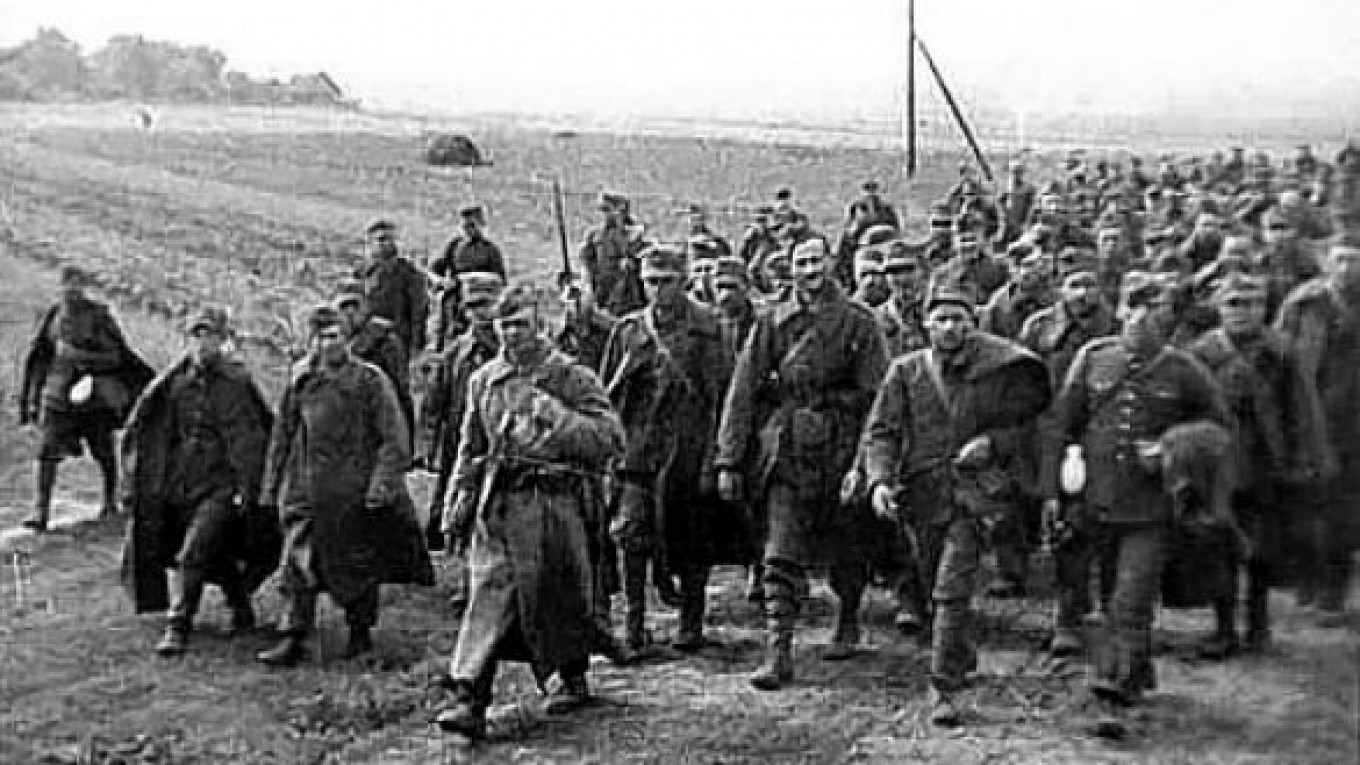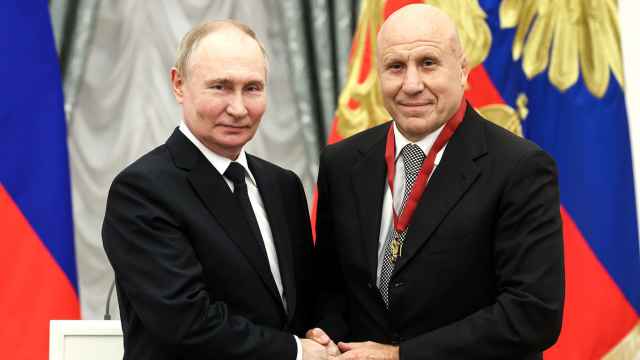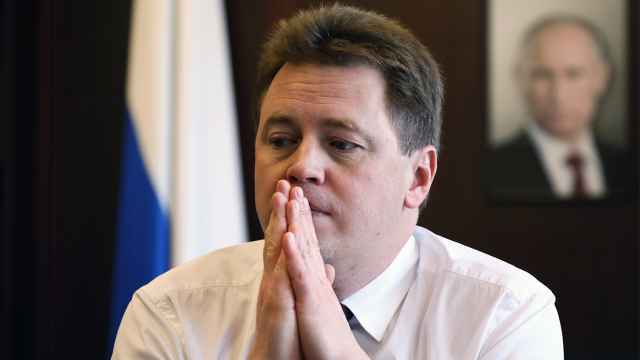The European Court of Human Rights on Monday threw out a case that criticized Russia's handling of an investigation into the 1940 Katyn massacre of an estimated 22,000 Polish war prisoners, issuing only a mild reprimand to Moscow for refusing to provide key documents.
The Soviet Union admitted in April 1990 that its forces were responsible for the killings, after blaming Nazi Germany for decades. None of the culprits have ever been identified, however, and investigations have been shelved.
In the case Janowiec and Others v. Russia, which was filed with the European court in the late 2000s, the families of 12 Katyn victims said Russia had failed to conduct an effective investigation into the massacre and showed a "dismissive attitude" to the descendants' inquiries about their relatives’ fate.
The court ruled it had "no competence" to examine the complaint, also finding "no violation" of the convention in the Katyn killings because they occurred before the convention was adopted in 1950.
"I can only say that we are rather disappointed by this verdict," Polish Deputy Foreign Minister Artur Nowak-Far said in a statement, adding that the ruling “does not take into account all the arguments of the Polish side that have here a great moral and historic right.”
Katyn has been a dark spot in Polish-Russian relations for years, with Warsaw disappointed that Moscow was unwilling to transfer documents about the massacre for further analysis.
Russia dropped its nearly 15-year-long investigation into the Katyn massacre in 2004 and classified 36 out of 183 volumes of case files as “top secret,” including those that contained the reasons for discontinuing the investigation, the human rights court said in a statement.
The plaintiffs said Russian authorities turned down their request to be provided with investigation materials. Russian courts upheld the decision, ruling that foreign nationals had no right to access classified materials. A request by human rights group Memorial to declassify the order to close the investigation was also denied.
While dismissing the case, the European court also unanimously ruled that Russia failed to comply with its obligations under the European Convention on Human Rights to furnish relevant materials.
In a dissenting opinion, four justices called the ruling a failure to prosecute war crimes that would “turn the applicants’ long history of justice delayed into a permanent case of justice denied.”
In November 2010, the State Duma adopted a statement about the “Katyn tragedy,” confirming that the mass extermination of Polish citizens in the Soviet Union during World War II had been carried out on Stalin’s orders and that it was necessary to continue verifying the victims and circumstances of the killings.
Material from Reuters is included in this report.
Contact the author at newsreporter@imedia.ru
A Message from The Moscow Times:
Dear readers,
We are facing unprecedented challenges. Russia's Prosecutor General's Office has designated The Moscow Times as an "undesirable" organization, criminalizing our work and putting our staff at risk of prosecution. This follows our earlier unjust labeling as a "foreign agent."
These actions are direct attempts to silence independent journalism in Russia. The authorities claim our work "discredits the decisions of the Russian leadership." We see things differently: we strive to provide accurate, unbiased reporting on Russia.
We, the journalists of The Moscow Times, refuse to be silenced. But to continue our work, we need your help.
Your support, no matter how small, makes a world of difference. If you can, please support us monthly starting from just $2. It's quick to set up, and every contribution makes a significant impact.
By supporting The Moscow Times, you're defending open, independent journalism in the face of repression. Thank you for standing with us.
Remind me later.






